About Us
Established on November 26, 1998, the RURAL DEVELOPMENT & RESEARCH CENTRE (RDRC) operates as a non-communal, non-governmental, and non-political organization. Registered under the Public Charitable Trust Act 1950 and Societies Registration Act XXI of 1860, RDRC was founded by a dedicated group focused on rural development. Over its 16-year history, RDRC has become a catalyst in its operational area, fostering community development through the mobilization of local and outside resources. RDRC has earned public support for its commitment to quality work, transparency, and dedication. The organization closely collaborates with communities, government agencies, local intellectuals, and elected representatives to address key social and human development issues. Emphasizing women’s empowerment, children’s welfare, and the upliftment of marginalized groups, RDRC’s interventions span watershed development, wasteland reclamation, local resource management, health, education, gender equality, and sustainable livelihood programs.
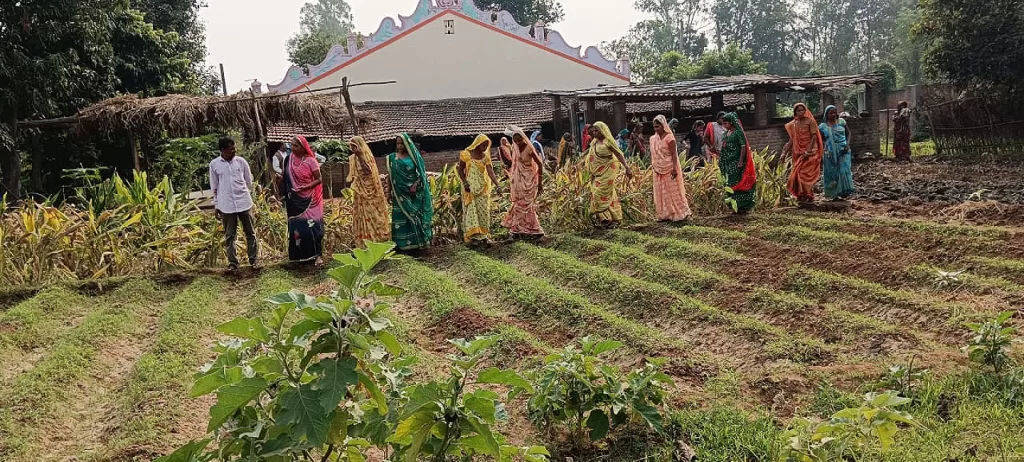
Prioritizing community participation, RDRC utilizes local knowledge and cost-effective technologies to create long-lasting impacts. The organization’s goal is to empower communities to manage and sustain the assets created through its projects independently. Despite the challenges, RDRC remains steadfast in its mission to promote equitable development and alleviate poverty through collaborative efforts with like-minded individuals and institutions. As a development-oriented organization, RDRC serves as a catalytic agent, facilitating community-driven initiatives without imposing external judgments. Its approach fosters self-reliance and enables communities to determine their own paths towards sustainable change.

Vision
- Eradication of Rural Poverty From Our Country.
- Promote women's empowerment, children's welfare, and upliftment of marginalized groups.
- RDRC envisions empowering rural communities to drive their own development, fostering self-reliance and active participation in decision-making processes.
- Emphasize health, education, gender equality, and sustainable livelihood programs.

Mission
- Working with communities as partners to enable them to reach their full potential.
- Collaborating with other development partners to promote equality, justice, and peace.
- Providing access to essential services including education, health, water, sanitation, social security, and employment.
- Strengthening natural resources in rural and urban areas to enhance livelihoods sustainably.
Organization Structure
Board of Trustee
Advisory Board
Technical Committee
Project Coordinators
Project Associates
Field Team & Local Resource Persons
Volunteers
Advisory Committee
Jeetendra Singh Sevawat is a dedicated social entrepreneur, holding a Master’s degree in Social Work. With a fervent commitment to uplifting individuals from the underserved segments of society, his journey commenced in 2004 at the Rural Development and Research Center in Gujarat, where he served as a project coordinator. Transitioning to the role of Head of Operations at Nari Utthan Sansthan in 2008, he subsequently ascended to the position of Chief Functionary and Secretary in 2010. Jeetendra’s expertise extends globally, particularly in conservation and organic agriculture, where he has spearheaded numerous impactful initiatives. Notable among these are Project Navbharat in Rajasthan, India, which supported 2000 beneficiaries, and ongoing projects in Rajasthan focusing on handling raw chilled milk and farmer producer companies, benefitting thousands. Internationally, Jeetendra has led projects promoting low-cost organic agricultural practices, positively impacting over 1000 beneficiaries across India, Namibia, and Benin. As the CEO of Conservation and Organic Farming Interventions (COFARMIN) since 2019, Jeetendra continues his mission, benefitting over 1000 individuals across multiple countries, including India, Benin, Gabon, Rwanda, Congo, Sao Tome and Principe, and Madagascar. His philosophy revolves around creating opportunities, especially for women, by leveraging local resources, thus fostering financial independence.
S B Sareen is a distinguished textile technologist, management professional, educator, and entrepreneurship trainer, boasting 45 years of rich experience across industry, consultancy, academia, and training at national and international levels. His expertise primarily lies in entrepreneurship training, institutionalizing entrepreneurship in academic institutions, faculty development programs, and capacity-building initiatives. Notable among his roles was his tenure as Director at the Entrepreneurship Development Institute of India (EDII), Ahmedabad, overseeing the Department of Projects (Govt.). He has also served as the Project Director for several developmental projects and played a pivotal role in establishing the Centre for Advancing & Launching Enterprises (CrAdLE), a technology business incubator at EDII. Sareen’s contributions extend globally, with engagements in countries such as the USA, Japan, Netherlands, Vietnam, and many others. His research endeavors have significantly contributed to knowledge creation, particularly in the realm of science and technology entrepreneurship. Sareen’s associations include advisory roles with esteemed institutions and bodies such as the Department of Science & Technology, Govt. of India, and the Central Board of Secondary Education (CBSE), among others.
Raj Parmar, a seasoned Climate Change and Sustainability Consultant since 2013, holds a Master’s degree in Science in Climate Change Impacts Management from Gujarat University. His professional pursuit revolves around integrating sustainability principles into developmental endeavors, inspiring holistic approaches to societal progress. Raj has collaborated with various grassroots organizations, contributing his expertise to the development of sustainable projects addressing climate change and environmental concerns. With a diverse skill set encompassing ecological restoration, sustainable agriculture, socio-economic analysis, and more, he has actively participated in research, impact assessments, and implementation projects. Raj’s tenure as a Project Assistant with Joint Research by the Department of Botany, Gujarat University, and ISRO from 2012 to 2014 further enriched his experience, particularly in exploring hyperspectral data for crop residue analysis vis-à-vis biochemical studies.
Karan Shah, a seasoned Climate Change Consultant, currently heads Partnership and Outreach at Civitas Sustainability Foundation since 2019. Armed with a Master’s degree in Climate Change Impacts Management from Gujarat University, Karan brings a wealth of experience in climate change, resilience, adaptation, and disaster risk reduction. He actively engages in mentorship, coaching, and leadership training at the Good City Foundation since 2021. Karan’s expertise extends to academia, where he imparts knowledge and guidance to students at Gujarat University, delving deep into the intricacies of climate change. Currently, he is involved in a project concerning the Iyava Lake in Sanand, Gujarat, in collaboration with Bosch India since 2023. Karan’s extensive experience encompasses diverse projects in remote villages, focusing on water, lakes, farming, and education in rural Gujarat.
Mission
- Working with communities as partners to enable them to reach their full potential.
- Collaborating with other development partners to promote equality, justice, and peace.
- Providing access to essential services including education, health, water, sanitation, social security, and employment.
- Strengthening natural resources in rural and urban areas to enhance livelihoods sustainably.
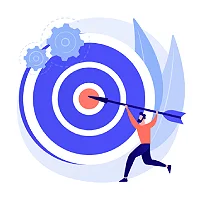
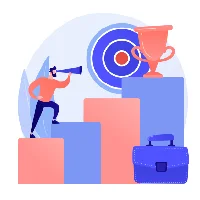
Vision
- Eradication of Rural Poverty From Our Country.

Vision
Thriving rural communities where empowered individuals manage resources sustainably, generating opportunities and preserving their environment for future generations. We aim to empower individuals and communities to break the cycle of poverty and injustice.

Mission
To build resilience and unlock potential in rural communities .To organize a series of awareness campaigns and workshops to educate local communities about environment conservation and foster sustainable practices.

Core Values
Empathy: Ability to understand and share the feelings of the people they serve.
Commitments: willing to work hard and go the extra mile to achieve the organization's goals.
Integrity: Need to be honest, ethical, and transparent in all their actions.
Our Focus Area's
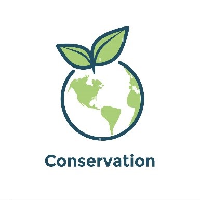
Environmental Conservation & Climate Change
We believe in environmental sustainability as a pathway towards development. Through our programs, we have done several awareness series on mangrove, wetland, and environmental conservation, our organization is actively engaged in providing training on waste management, and energy & water conservation.
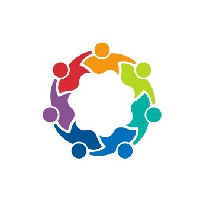
Awareness & Community Mobilisation
One of the most important tools for societal development is to educate people about their rights and available options for them to move forward. Knowledge plays a critical role in developing society and we make it a point to hold regular awareness camps and seminar sessions on various topics.

Rural Development
India is an agrarian nation, and rural areas play a huge role in its overall development. We work closely with rural communities and farmers to provide guidance, training, and capacity-building intervention on socioeconomic parameters like livelihood and women empowerment.
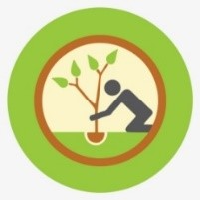
Ecological Restoration & Plantations
As a part of our environmental conservation efforts, we regularly take up initiatives for restoring degraded ecosystems with the help of local communities and we help increase biodiversity by conducting plantation drives.
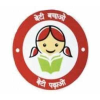
Girl Child Education
We believe in equality and to achieve the aim of creating an equal society we focus on girl child education as education is the first step towards empowerment.
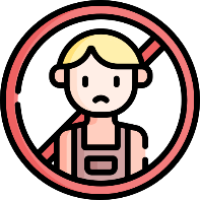
Ending Child Labour
Children are the future of our nation and we have been working for ending the practice of child labor through surveys, training, and awareness of child labor.

Training & Capacity Building
Building skills is the current need of society. With constantly changing technology and newer efficient alternatives available in the market. We work with local communities to provide them with workshops on specific skills which help them with their business or in finding jobs.
